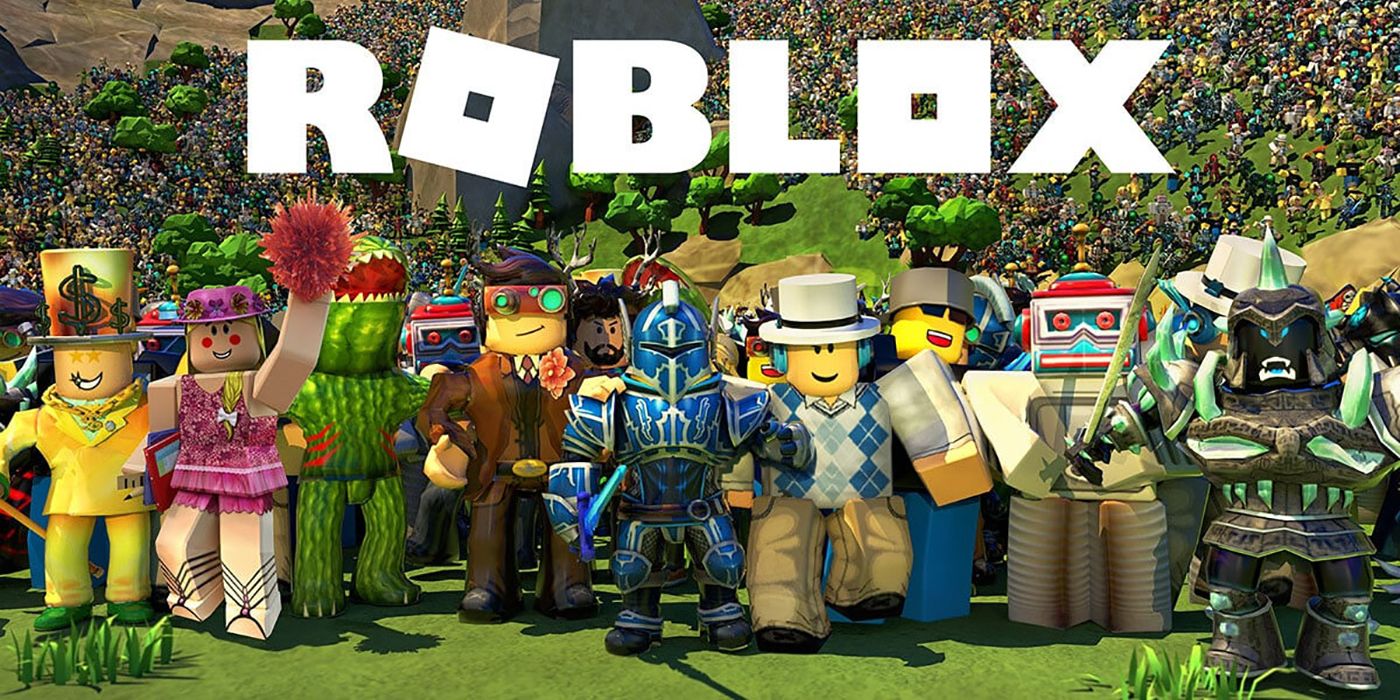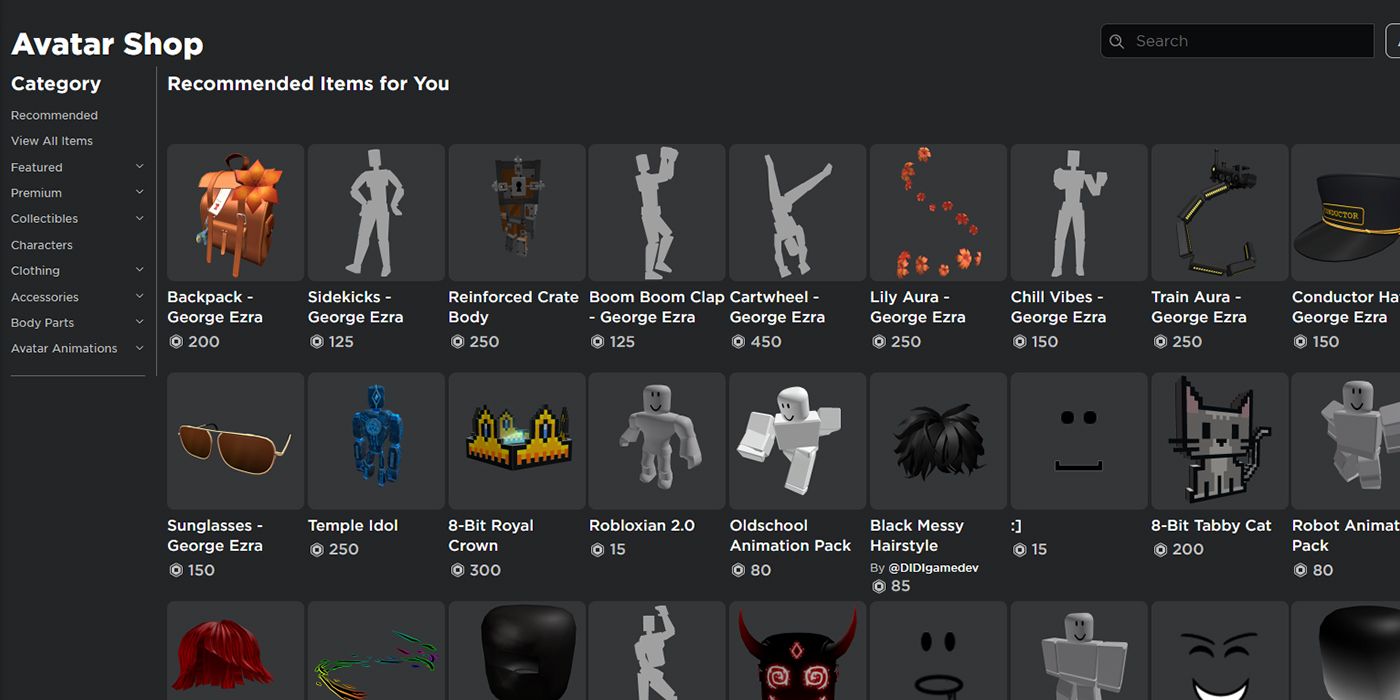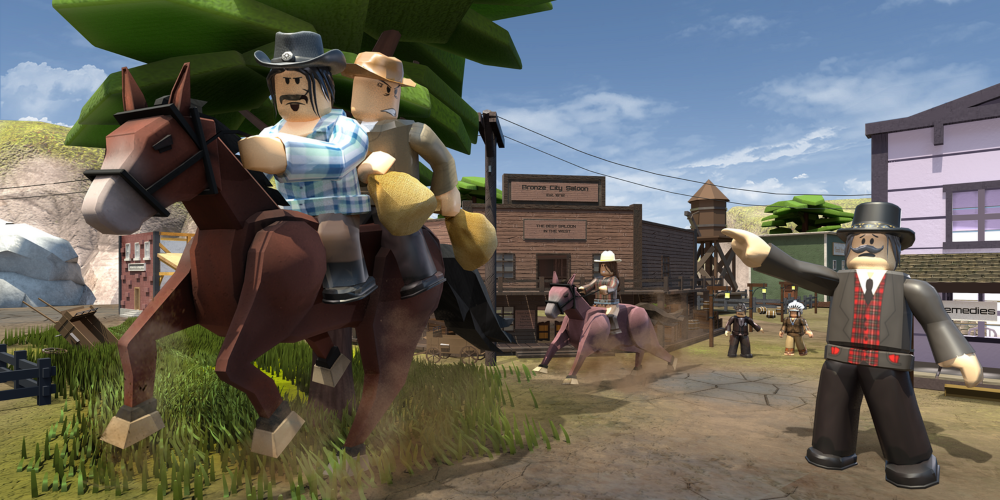Roblox is a game that doesn't need too much of an introduction nowadays, but that wasn't always the case. Back in the game's early years, Roblox helped introduce an entire generation to online games, along with other titles like Toontown and Runescape. Part of this nostalgic appeal might be why Roblox has cemented itself in internet culture recently, especially when it comes to the iconic "oof" sound effect.
The "oof" sound effect is heard in-game whenever a player dies, though many custom levels have their own sound effects. Given how iconic the death sound has become in internet culture, the announcement that it was going to be removed due to a licensing issue was not well received by the game's community. The "oof" wasn't actually a sound effect that Roblox had the license to use, though that's about all that the information that's been provided regarding the situation.
The actual copyright owner of the "oof" sound is one Tommy Tallarico. Tallarico has been an established video game composer since the 1990s, with some of his most well-known credits being for the games Destroy All Humans!, Earthworm Jim, Sonic and the Black Knight, and Pac-Man World. Tallarico recently became the CEO of Intellivision. He also composed the music and sound for the 2002 game Messiah, which happens to be the original source of Roblox's iconic death rattle.
Back in 2020, Tallarico entered into a legal battle with Roblox's developers over the rights to the "oof." The sound has been cut from Roblox as part of the lawsuit's settlement. The actual announcement from the Roblox dev team came via a Twitter post on the July 26. They also talked about a few ways that the game's sound systems were being overhauled in the future, including more sound effects being available on the game's marketplace.
That in-game marketplace happens to be where the major source of contention comes from regarding Roblox's use of the "oof" sound effect. The sound effect was actually available to buy for 100 Robux. Robux is Roblox's in-game currency, with 100 Robux coming out to be about $1. The only way for users to get Robux is to pay real money, meaning that Roblox was selling a sound asset to which they did not have the rights.
The backlash from Roblox fans is mainly coming from a place of nostalgic attachment to the sound effect. The "oof" has been extremely prominent in internet meme culture for years. Its removal may seem akin to the death of the classic Roblox with which fans grew up. It's no secret that Roblox has undergone quite a few changes ever since it was released back in 2006. Changes, no matter if they are good or bad, tend to be at the expense of nostalgia.
While the sound effect's impact on meme culture is certainly notable, some fans are siding with the sound's removal. There's little denying that Tallarico owns the rights to the sound bite and Roblox did not hold the copyright necessary to sell it for real money. Legal disputes regarding audio files aren't uncommon in the video game industry. Whenever a game that features real-world music is remade, like Grand Theft Auto or Tony Hawk's Pro Skater, the rights to the original soundtrack have to be renegotiated.
Roblox is likely one of the earliest examples of a games-as-a-service system done right. It's lasted for over ten years, in part due to the kind of creativity that the game's level editor and player-driven marketplace encourages. However, the removal of the iconic "oof" shows the sort of long-term problems that games-as-a-service can create. Ten years down the line, it's entirely possible that titles like Fortnite will run into very similar legal issues over licensed audio.



